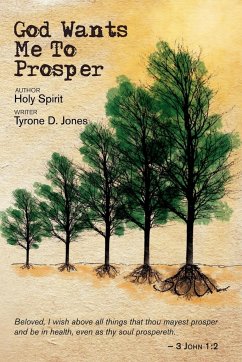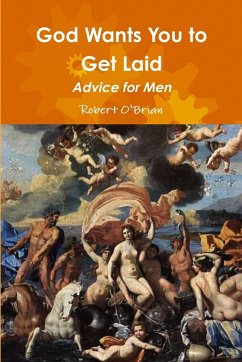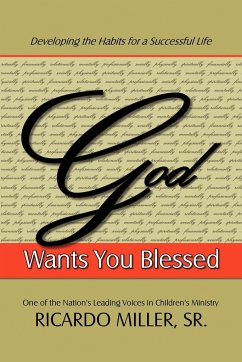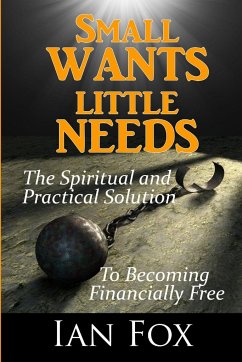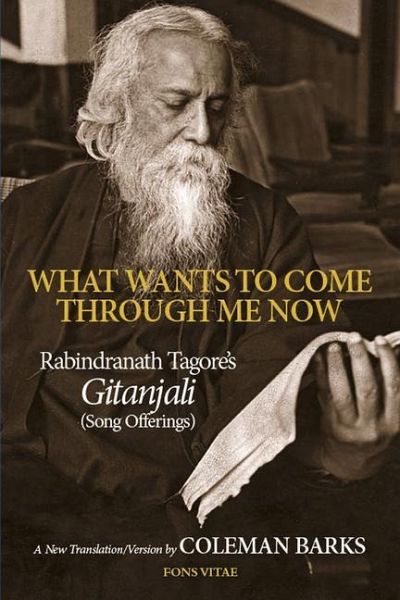
What Wants to Come Through Me Now
Versandkostenfrei!
Versandfertig in über 4 Wochen
22,99 €
inkl. MwSt.

PAYBACK Punkte
11 °P sammeln!
"Rabindranath Tagore is one of the great universal mystics. As you read his Gitanjali (Song Offerings), you feel the depth and the honesty of his experience, "the great lifelong adventure," he calls it. "We are in the process of being created. We may not know exactly what is happening. But we feel the flow of life in us to be one with the universal life outside. The relation of my soul to this beautiful autumn morning, this vast radiance, is one of intimate kinship; and all this colour, scent, and music is but the outward expression of our secret communion. This constant communion, whether rea...
"Rabindranath Tagore is one of the great universal mystics. As you read his Gitanjali (Song Offerings), you feel the depth and the honesty of his experience, "the great lifelong adventure," he calls it. "We are in the process of being created. We may not know exactly what is happening. But we feel the flow of life in us to be one with the universal life outside. The relation of my soul to this beautiful autumn morning, this vast radiance, is one of intimate kinship; and all this colour, scent, and music is but the outward expression of our secret communion. This constant communion, whether realized or unrealized, keeps my mind in movement; out of this intercourse between my inner and outer world I gain such religion, be it much or little, as my capacity allows: and in its light I have to test the scriptures before I can make them really my own" (Glimpses, 87). These comments from a letter he wrote on Oct. 5, 1895, come from a time when he was still "under the shelter of obscurity," enjoying "the greatest freedom my life has ever known." He thrived best in the anonymous privacy of not being famous. These poems were written from within that shelter. We feel in them the extravagant intimacy of his communion with his soul. That may be our primary response to this sequence of poems. I know it is my own. I recognize in his poetry my own feeling of inner freedom and soul friendship, along with the flooding joy of expressing that, all within a relaxed playfulness. If I may be so grandiose. I certainly do not claim his breadth of interior life. I just feel I can read many of his poems with empathy, and with some understanding"--







